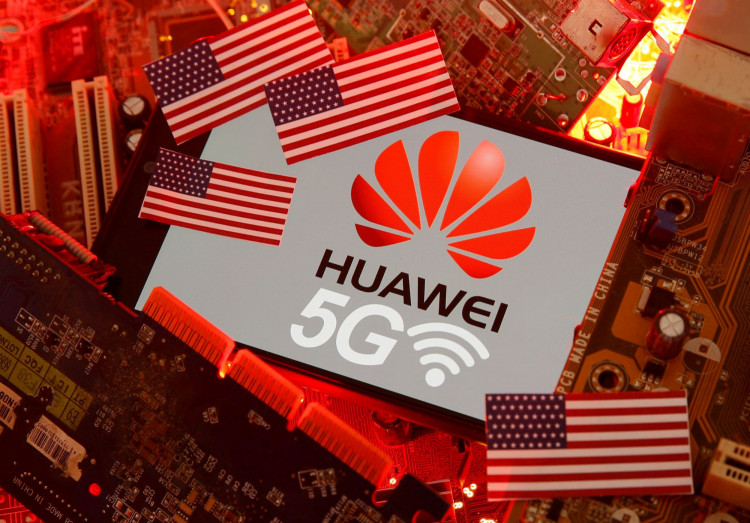Last Thursday, United States President Donald Trump signed a law banning the use of US subsidies by carriers to acquire network equipment from Huawei Technologies. The rule also applies to the purchase of products and services from companies recognized by the US state as threats to national security.
The law signed by Trump required the Federal Communications Commission (FCC) to create a program that would assist small providers with expenses of removing prohibited equipment or services from networks. Those supplied by Huawei Technologies and other companies regarded as threats to national security were also sought to be replaced.
According to the FCC Chairman Ajit Pai, while speaking in Congress, the state must appropriate the necessary funding to reimburse companies who are compelled to replace their network equipment or services. Under the law, these are those who are recognized as a threat to national security.
The coverage of the Secure and Trusted Communications Networks Act in the Senate included rural carriers. It had bipartisan support in Congress. However, the US had been reluctant to provide public evidence against Huawei.
In its allegations, the US claimed that the Chinese government has been using Huawei equipment for surveillance and that Huawei has secret access to carrier backdoors.
Huawei opposed the impositions and disputed the finding that its products and services pose a threat to national security. Huawei insisted that there are tight controls in the United States that put the responsibility of privacy and security threats in the hands of carriers.
The notion of Huawei was said to help officials to assess the security of US telecom systems, but there was no precise method to impose practical improvements on threats of national security.
Last Wednesday, Trump extended the ban against Huawei equipment and technologies and allowed some US firms to continue their dealings with the company. The tech giant was said to be blacklisted from the US Commerce Department.
After adding Huawei to the economic blacklist, the US Commerce Department has allowed the Chinese tech giant to purchase American-made goods to minimize disruption for its customers. These customers were said to operate wireless networks across rural America.
The Commerce Department also sought public comments on whether it should issue future ban extensions for the company. At present, the Department has said that current licenses of Huawei allowed rural carriers to continue the use of its services for customers, including those that lived in remote areas in the United States.





